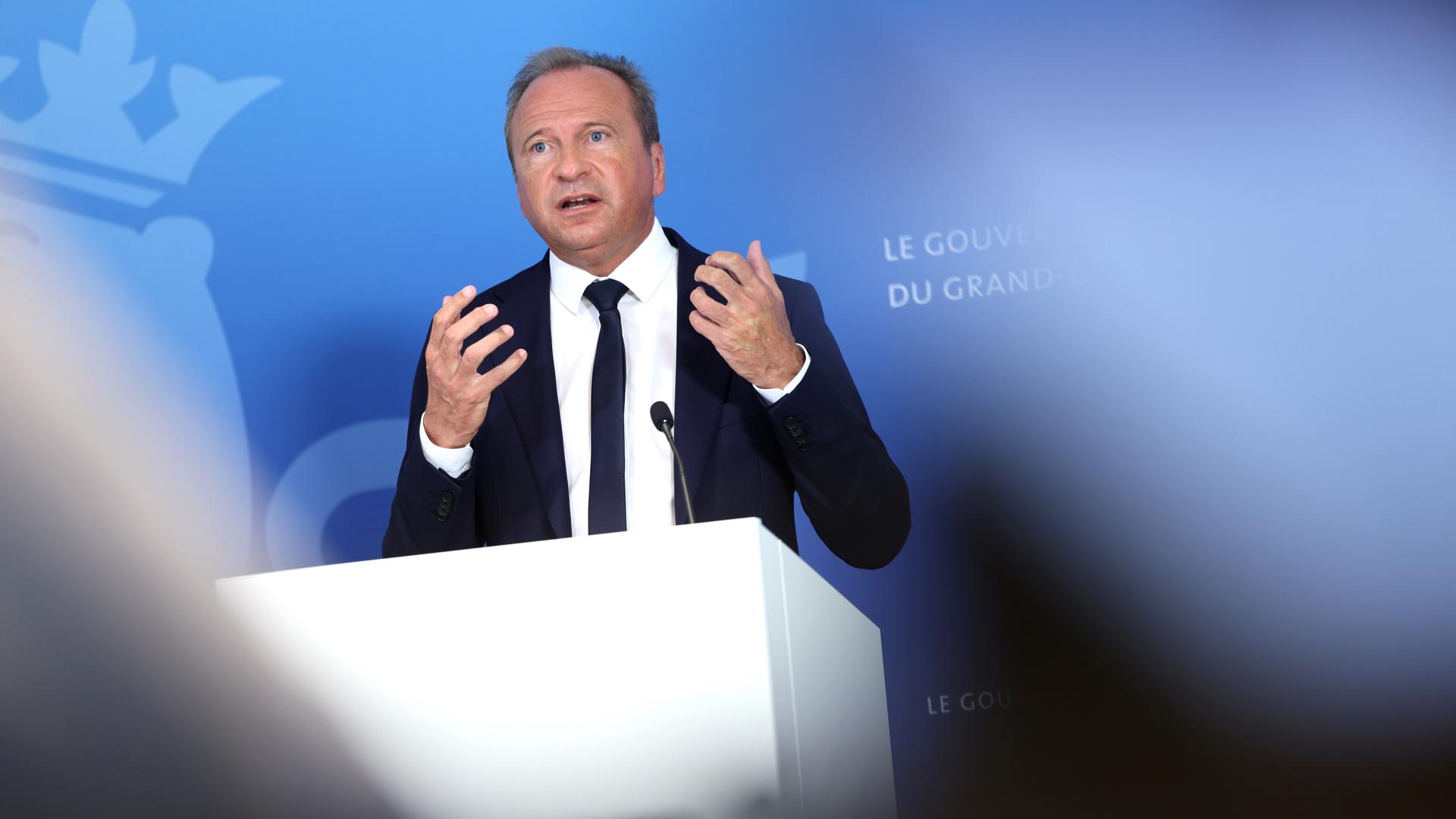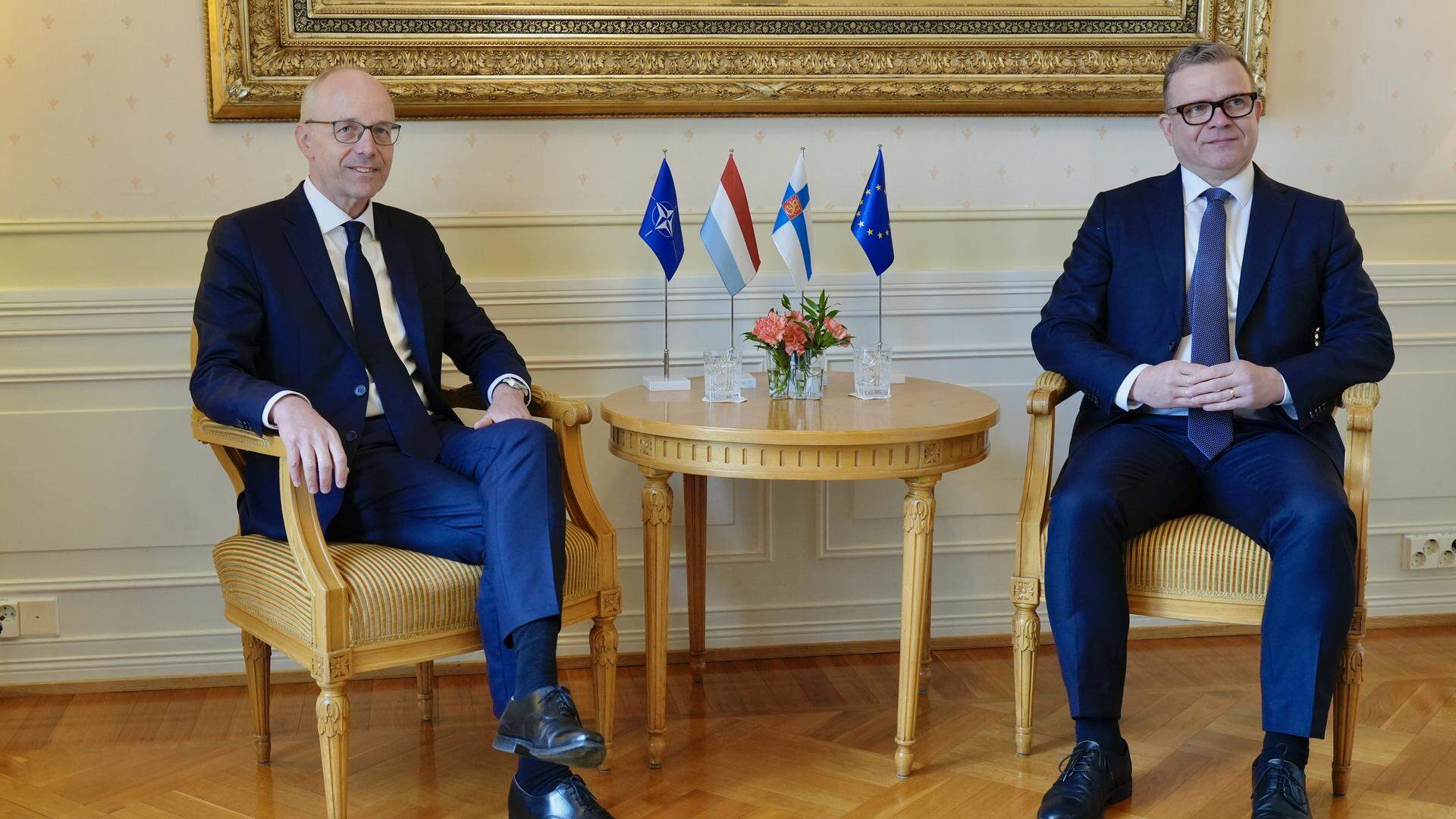Luxembourg’s Strategic Shift: How the Grand Duchy Is Enhancing Its Defense Investment in 2025

Luxembourg is taking major steps in 2025 to strengthen its defense and ensure its role as a reliable partner in Europe and within NATO. This renewed commitment is not just about meeting an alliance mandate—it's a pivotal move designed to boost the country’s security, economy, and industrial innovation.
Why Luxembourg Is Increasing Defense Spending
In recent months, Luxembourg announced it will reach the 2% GDP defense spending target by the end of 2025. This means the government is dedicating around 1.18 billion euros in total, marking a significant increase from previous years. The shift reflects growing geopolitical challenges and the need to match the commitment of fellow NATO members. According to defense minister Yuriko Backes, this decision ensures Luxembourg is seen as a “reliable and credible partner.”
The move addresses growing pressures within NATO and the evolving security landscape in Europe. For more context, visit Le Quotidien’s in-depth editorial on Luxembourg’s financial battle, which explores the broader strategic reasoning behind the country’s decision.
Key Areas of Investment: Technology, Industry, and Security
The expanded defense budget in Luxembourg goes beyond military hardware. The focus is on projects that will deliver both economic and societal benefits. Around 105 million euros will fund the new GovSat-2 communications satellite, reflecting Luxembourg’s growing ambitions in both space and security technology. Investments in research and development total 46 million euros, highlighting local projects like the development of cutting-edge drones and solar-powered Skydweller UAVs.
In addition to military infrastructure, a specific budget line seeks to support Ukraine, reflecting Luxembourg’s active role within the EU’s wider security mission. The government will allocate at least 120 million euros for this support in 2025. Dive deeper into the full government plan and its pillars as presented by Yuriko Backes.

How Luxembourg’s Industry Benefits
The government intentionally chose investments that provide a measurable return for Luxembourg’s industry. There’s a clear strategy to integrate local companies into international defense supply chains and foster innovation. Collaboration with agencies like Luxinnovation helps map and promote firms with dual-use products, further securing Luxembourg’s place in both defense and civil markets.
This direction is confirmed in Virgule’s coverage of the defense spending boost, showing how local businesses stand to benefit from this modernization drive.
What’s Next for Luxembourg and NATO
As the NATO summit in The Hague approaches, Luxembourg’s policymakers are preparing for potential increases in collective defense obligations. While the 2% figure is a milestone, future NATO goals may demand even bolder investments. For Luxembourg, staying adaptable and proactive is crucial to maintaining influence and security.
Conclusion: Luxembourg’s Defense for a Changing World
Luxembourg’s strategic shift in defense spending marks a transformation in national priorities. The focus is on balanced investments that increase security, support international commitments, and stimulate the local economy. By taking decisive action, Luxembourg is both safeguarding its future and setting a strong example for small states in an evolving global landscape.